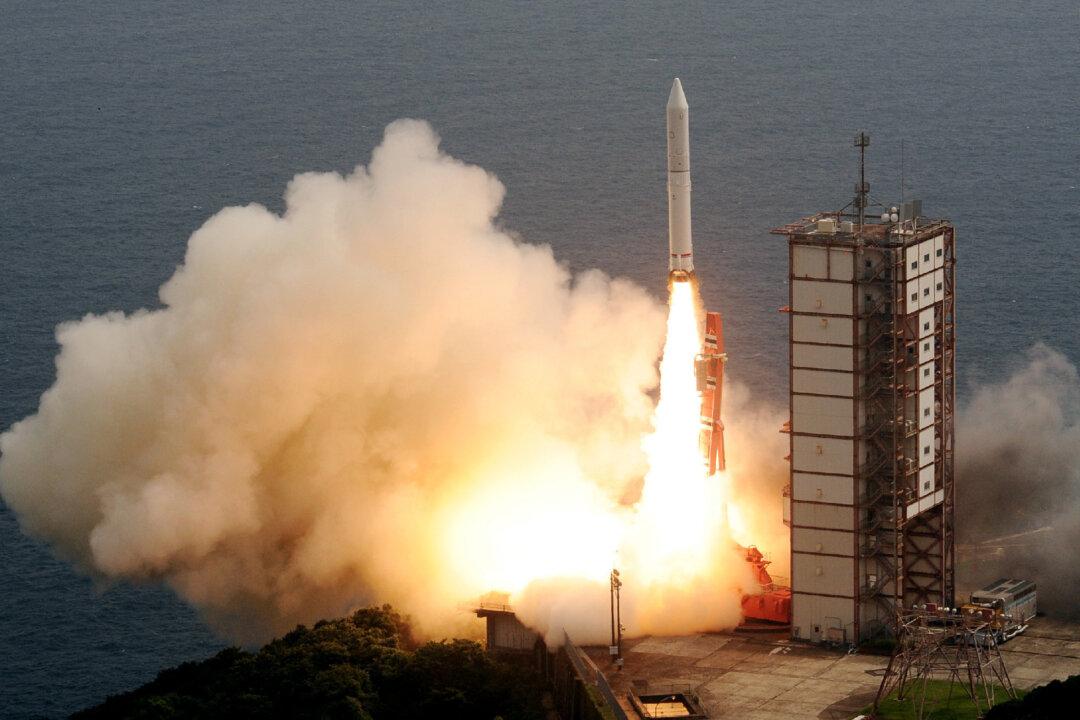Japan’s space agency on Wednesday sent a “self-destruction” signal to its Epsilon-6 rocket shortly after liftoff, the first such command issued by Japan since November 2003, according to local reports.
Japan Aerospace Exploration Agency (JAXA) said it sent a destruction order signal to the rocket just minutes after launch when it detected the rocket had deviated from its intended trajectory, reported Kyodo News.





